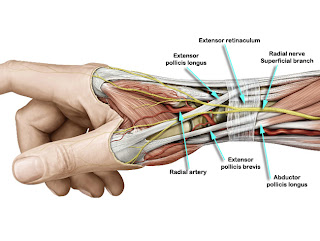Supplement users at risk from ignorance of tolerable upper limits
Recently i submitted a PG thesis on nutrition in Utkal University, Orissa, India. i analyzed the nutritional compositions of dietary supplements of a USA based nutrition company. i found in the recommended doses many of the dietary supplements are higher than the recommended upper limit (upper limits are taken from recommendations of upper limits in western countries). In countries like India RDA is not known for all the essential nutrients (refer RDA for Indians by ICMR-1988). what i want to convey is that when this is the scenario then RDA for Indians with known prescribed upper limits is out of question. i urge the reader to consult a doctor or a trained or certified nutritionist if you are taking suppliments. i also want to introduce the reader to the following article:
This topic is taken from:
http://www.nutraingredients.com/Research/Supplement-users-at-risk-from-ignorance-of-tolerable-upper-limits
(19-Jun-2002)
Researchers from Canada have discovered that many dietary supplement users are unaware of the tolerable upper limits and as such could be putting themselves at risk instead of doing themselves some good.
Consuming too many nutrients can lead to harmful side-effects, a fact many users were worryingly unaware of, said researchers from McGill University in Quebec. They found that the tolerable upper level of one B vitamin, niacin, was exceeded by nearly 50 per cent of all the participants in their study who reported taking supplements. They also found excessive amounts of vitamin A and vitamin B6.
Dr Leticia Troppmann, the study leader, wrote in the June issue of the Journal of the American Dietetic Association that dietary supplements exceeding the tolerable upper limits were fairly common in the US, as the supplement industry is not regulated in the same way as pharmaceutical industry.
Troppmann's team studied 1,530 Canadian adults aged 19 to 65, quizzing them about their food and supplement intake in the 24 hours prior to the interview. "Although supplements enhanced dietary intakes of some nutrients, in our study as in previous studies, supplements were also shown to have excessive amounts of nutrients in relation to dietary requirements," she wrote in the journal.
Consuming too many nutrients can lead to harmful side-effects, a fact many users were worryingly unaware of, said researchers from McGill University in Quebec. They found that the tolerable upper level of one B vitamin, niacin, was exceeded by nearly 50 per cent of all the participants in their study who reported taking supplements. They also found excessive amounts of vitamin A and vitamin B6.
Dr Leticia Troppmann, the study leader, wrote in the June issue of the Journal of the American Dietetic Association that dietary supplements exceeding the tolerable upper limits were fairly common in the US, as the supplement industry is not regulated in the same way as pharmaceutical industry.
Troppmann's team studied 1,530 Canadian adults aged 19 to 65, quizzing them about their food and supplement intake in the 24 hours prior to the interview. "Although supplements enhanced dietary intakes of some nutrients, in our study as in previous studies, supplements were also shown to have excessive amounts of nutrients in relation to dietary requirements," she wrote in the journal.


Comments
Post a Comment